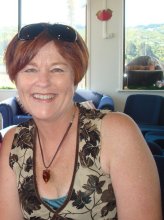
Breast cancer has dealt Angela Litterick-Biggs a death sentence. But the Wellington woman refuses to accept defeat and lives her life with an energy and passion that’s truly extraordinary.
It was Angela Litterick-Biggs’ worst birthday ever. On the day she turned 41, only a couple of years after her mother died of cancer, Angela was told she had breast cancer.

Around 150 women under the age of 40 will be diagnosed with breast cancer in New Zealand each year and these women face many concerns that their older counterparts do not have to confront.
BCAC committee member Greer Davis understands these issues all too well. She is one of the 150 - she was diagnosed with breast cancer last year at the age of only 25.
Researchers have for the first time calculated by how much radiation therapy for breast cancer increases the risk of heart disease and the findings can now be used by doctors to help treat patients more appropriately.
The research, by scientists at the University of Oxford and in Scandinavia and published in the New England Journal of Medicine, looked at more than 2,000 women treated with radiation therapy in Denmark and Sweden.

Getting through breast cancer treatment can unleash a whole new set of emotions for many women.
You may be elated at finishing treatment, apprehensive about the lack of contact with medical professionals, scared about a recurrence of the cancer, or fearless about what the future holds.
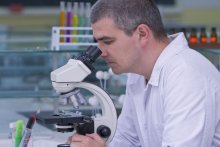
UK scientists have discovered a number of genes which are responsible for developing resistance to a targeted medicine used in the treatment of HER2-Positive breast cancer.
The team at the Institute of Cancer Research in London examined a number of genes that were overactive in women with HER2 Positive breast cancer who had developed a resistance to the drug Lapatinib (Tykerb).
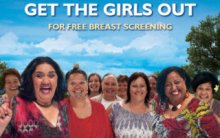
BCAC applauds the latest figures from BreastScreen Aotearoa, which show that more Pasifka women are going for regular mammograms than ever before.
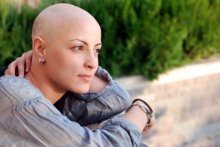
A new study shows that there’s been a small, but significant increase in the incidence of advanced breast cancer in young American women aged 25 to 39, without a corresponding increase in older women.

Something for the men: Men's Group, at dove house
A breast cancer diagnosis has a far-reaching impact, affecting lives on many levels: practical, emotional, physical and spiritual. Family and friends offer much-needed support but often it is the husband or partner who must pull all the threads together, care for wife or partner and keep children, family, profession and life all moving forward. This is a group for partners, and grown up male family members.
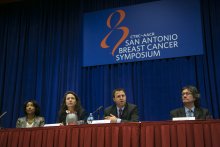
The recent San Antonio Breast Cancer Symposium (SABCS) highlighted many new advances in breast cancer research, but New Zealanders want to know when we'll benefit from these new approaches to breast cancer treatment.
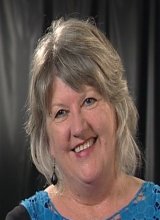
There are numerous clinical trials taking place around New Zealand to gather evidence about new medicines or treatment methods that may help to improve breast cancer care in future.



